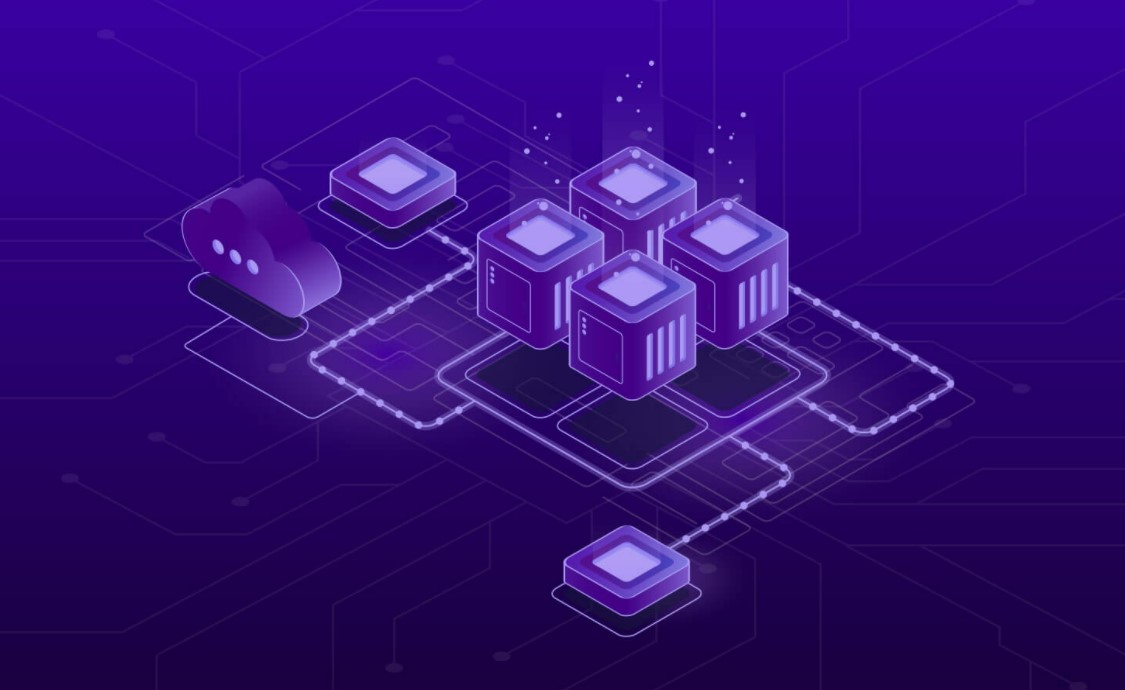Data has become a core strategic asset that not only determines the success of a business, but also brings in a competitive edge. With the advent of the open data economy, every organization has access to enormous amounts of data from a variety of sources. But, with great data comes great responsibility. So, how do organizations avoid the issues that arise from generating, collecting, and processing the right data to generate maximum business value out of it? To answer this question accurately, we need to discuss the relevance of data governance.
What is Data Governance?
Data governance refers to set processes & practices that manage the availability, usability, integrity and security of the data in the enterprise ecosystem, based on internal policies & external regulatory compliances. A great data governance program not only improves the performance of individual business functions, but also leverages the organization’s data to fuel enterprise-wide digital transformation & innovation. All in all, it ensures that data remains correct, consistent, secure and accessible to verified users
It has gained major traction and prominence in the last couple of years because of the increasing importance of Big Data, BI, AI and ML. Below are industry critical use cases which are highly dependent on data governance-
-
Compliance to protect personal data
With the advent of regulations like GDPR, CCPA, and IAPP, data privacy is a hot topic of discussion and there has been much more emphasis on how personal data is collected, stored, and processed. As per Gartner predictions, large organizations’ average annual budget for privacy will exceed $2.5 million by 2024.
Effective data governance programs help companies to classify data, assign accountability for personal data, manage access, define policies for data usage and define /document procedures to deal with data breaches. As it eases and accelerates the process of organizing & reporting all the privacy terms, it simplifies the overall auditing process.
-
Unbiased AI, ML Models
AI and ML have been the talk of the industry for the past couple of years, but lately fairness of machine-driven decisions is being challenged by many experts & potential investors. The performance of the AL, ML models is heavily dependent on the quality of the data that is fed to the algorithm. Given the complexity of the multi-source & multi-type data ecosystem, data quality issues haunt the experts.
Data quality can be improved by having a stringent data governance program in place. Once the data quality issues are tackled, businesses have the golden opportunity to derive competitive intelligence. Trustworthy AI,ML models deployed across business functions can add a competitive edge.
-
Self Service Analytics
Currently, businesses around the world are striving to become data driven. But to achieve that, it is necessary to make data assets & reports accessible to all the teams across the organization. Here the attempt is to enable non-data & non-IT teams to create the required reports on their own and share the same to avoid any duplication of efforts.
Data governance helps in making the information about data sets & reports, easily available. It also reduces the gap between BI creators & consumers by enabling everyone with the required data, tools & a platform to work in collaboration. With that, it provides a strong foundation for the self-service analytics program.
-
Managing Centralized data access
As discussed in the previous use case, self-service analytics has a lot of benefits which obviously come with a couple of risks & complexities. One of the biggest risks being data exposure to unauthorized parties, but the modern method of data access management enables us to tackle the challenges with a full-circle approach.
Modern data access governance includes automation, discoverability, and streamlined ad hoc workflows. To build a seamlessly functioning data access management, we follow below steps-
-
- Build a data catalog
- Classify data into various groups,
- Design access policies as per the data classification, and
- Build ad hoc workflows for requests that reside outside of a classification parameter.
Access is managed via policies that are automatically applied at the data layer.
Though the concept of data governance differs for every industry and every organization, the importance stays the same. Given the growing pace & volume of data, early adoption and implementation of data governance can give you an edge over the market. All you need is expert advice or support in your company’s data modernization journey.





